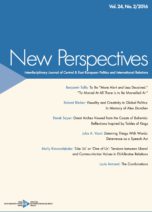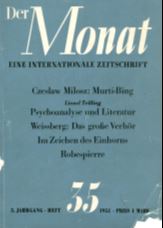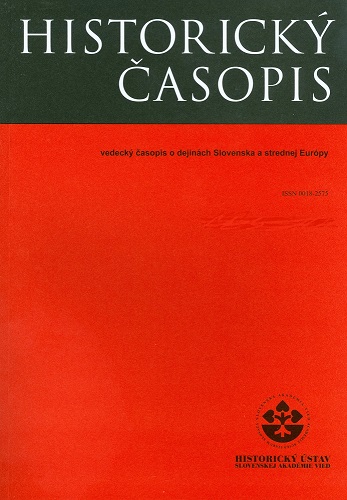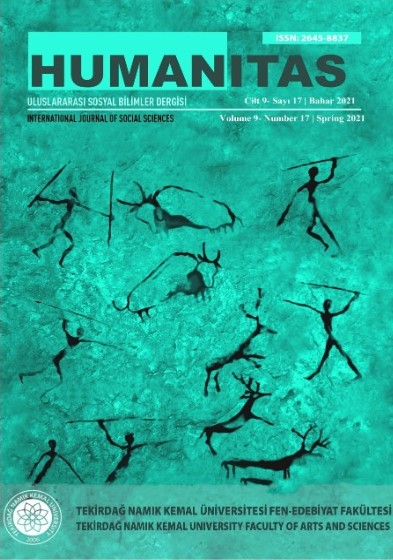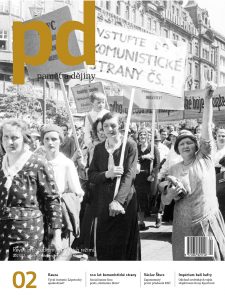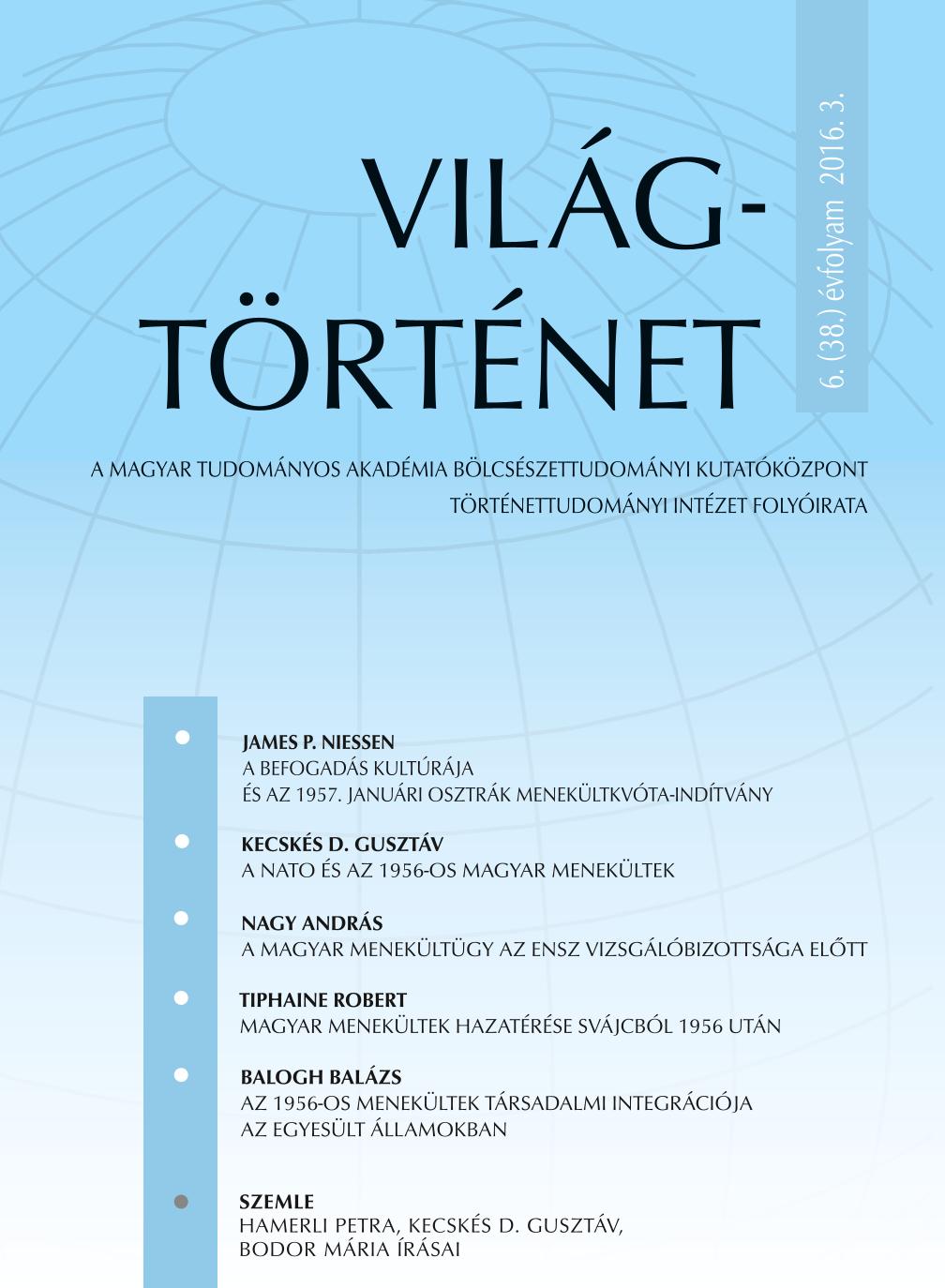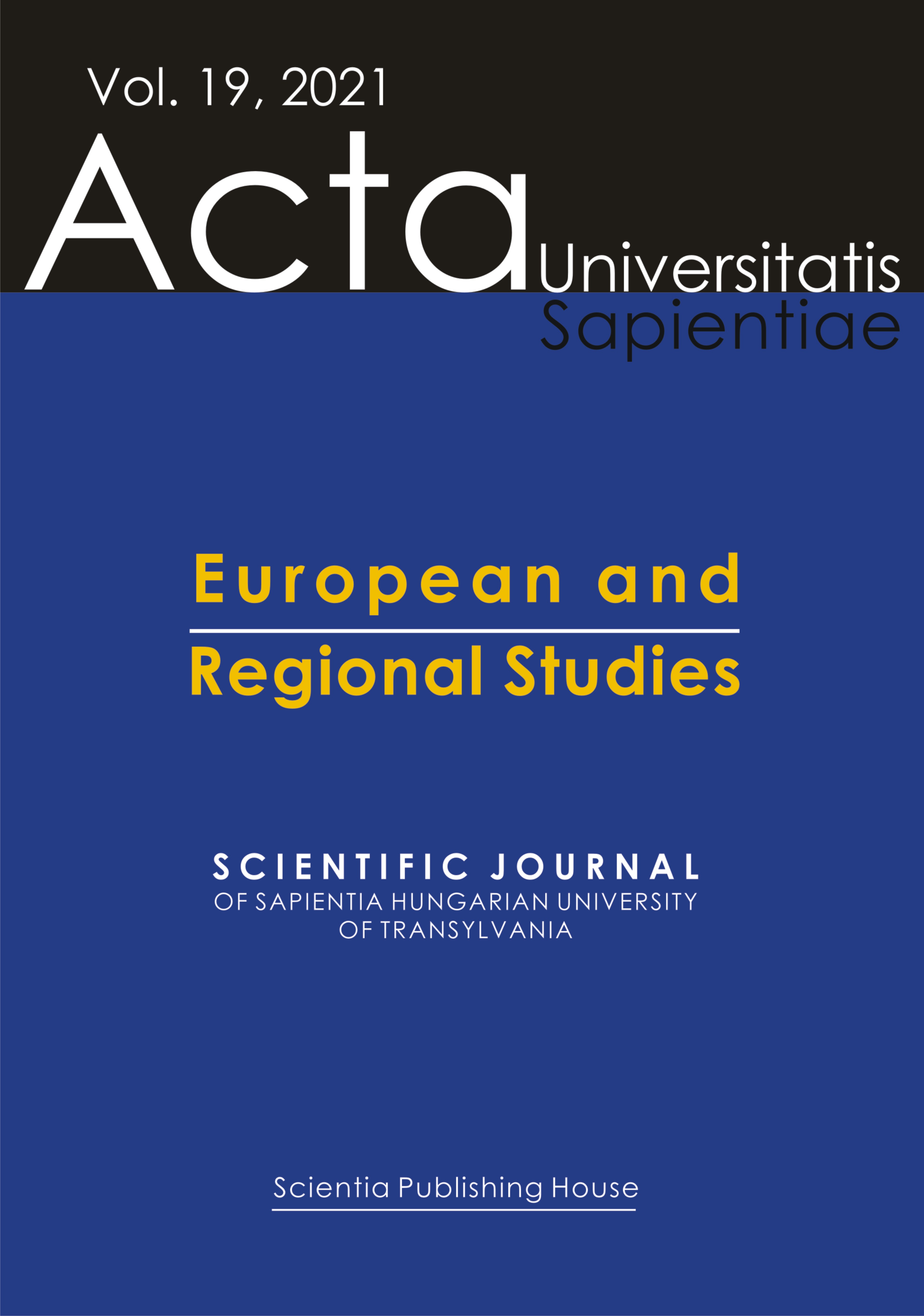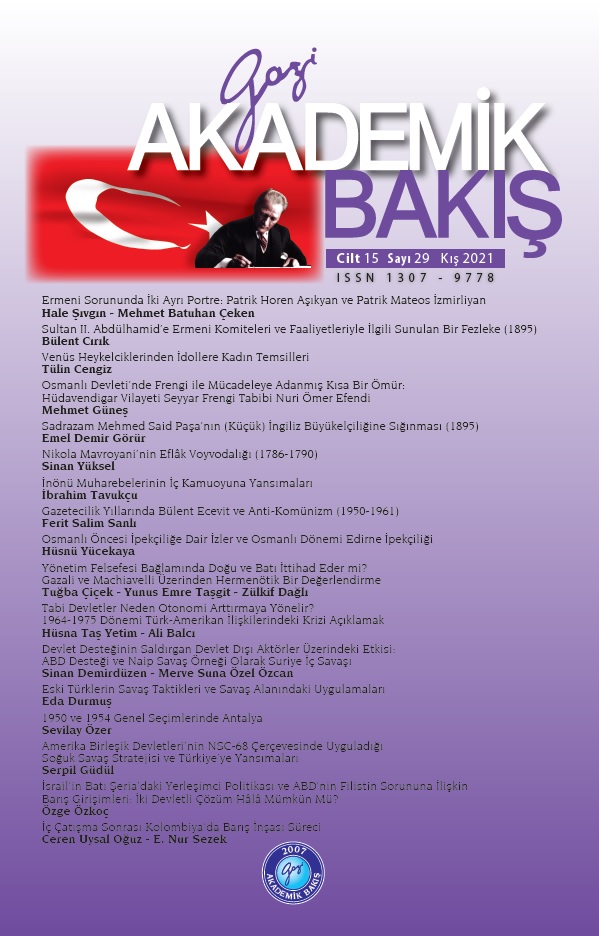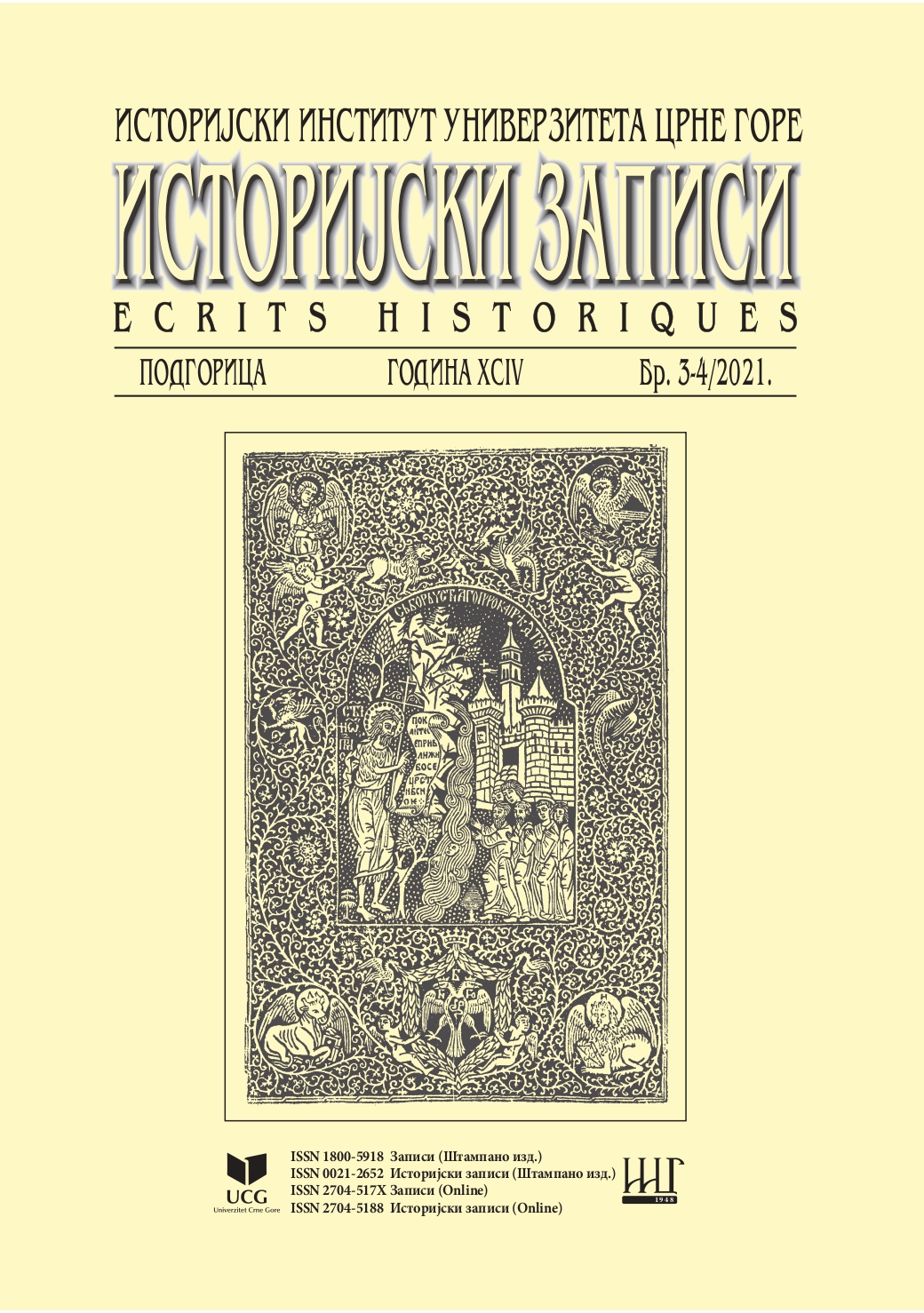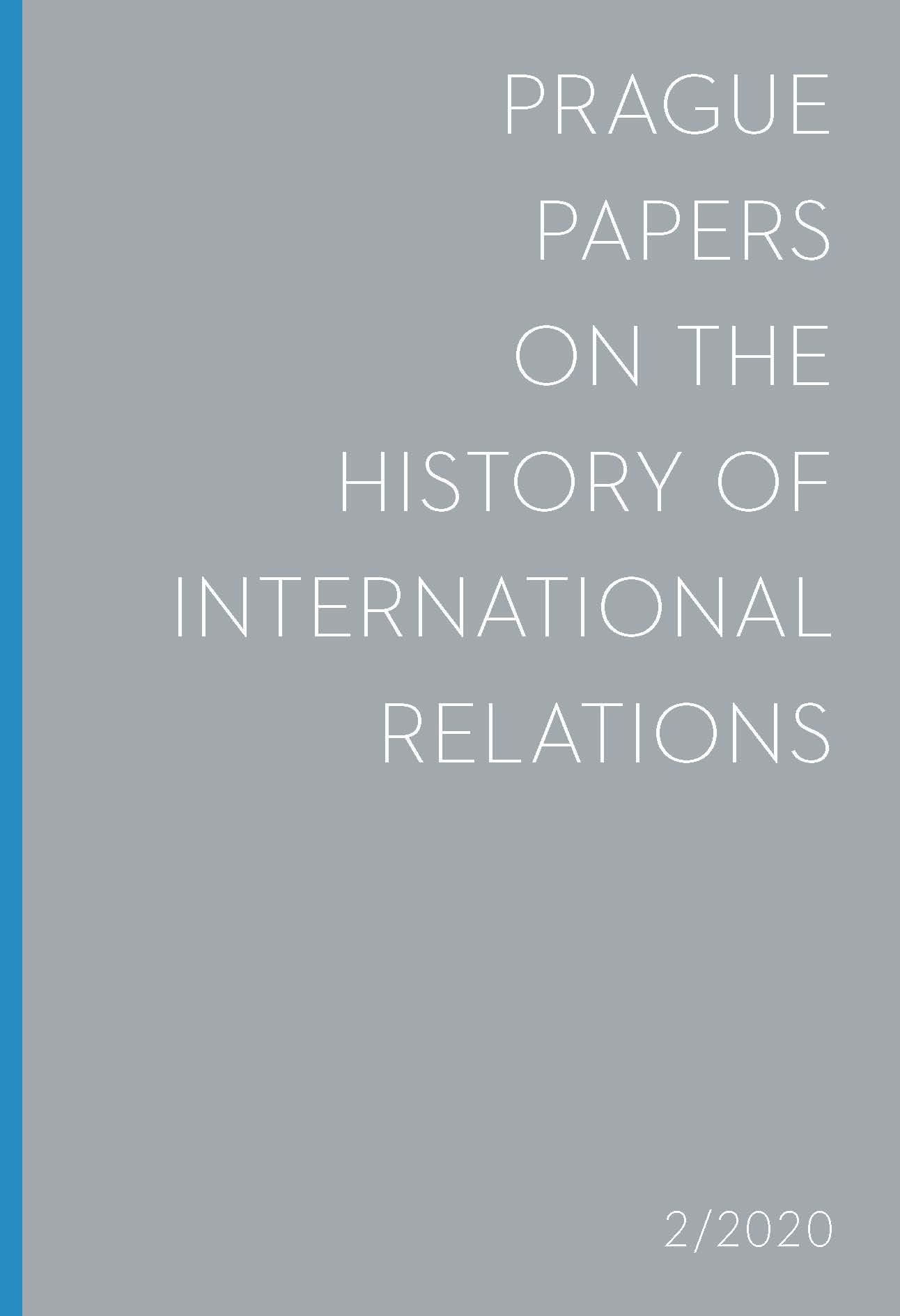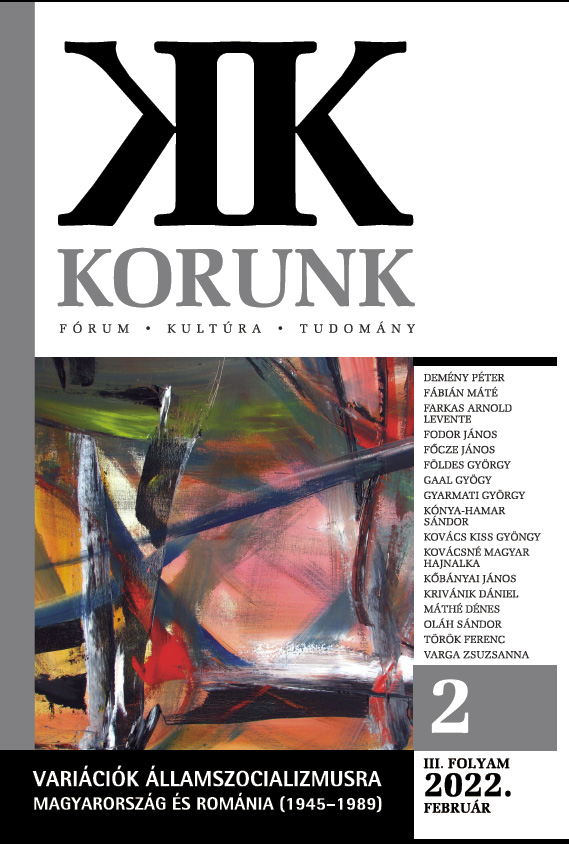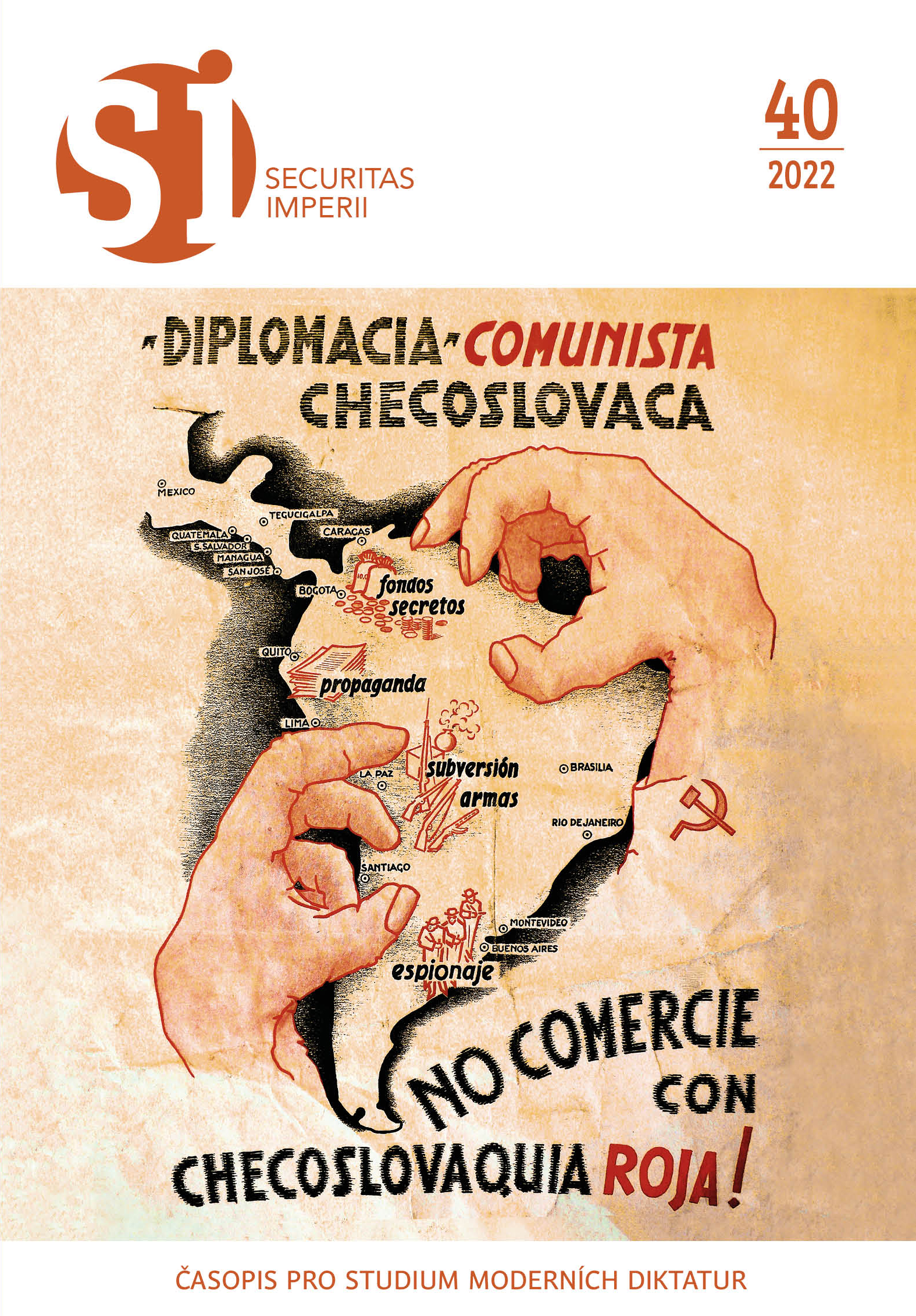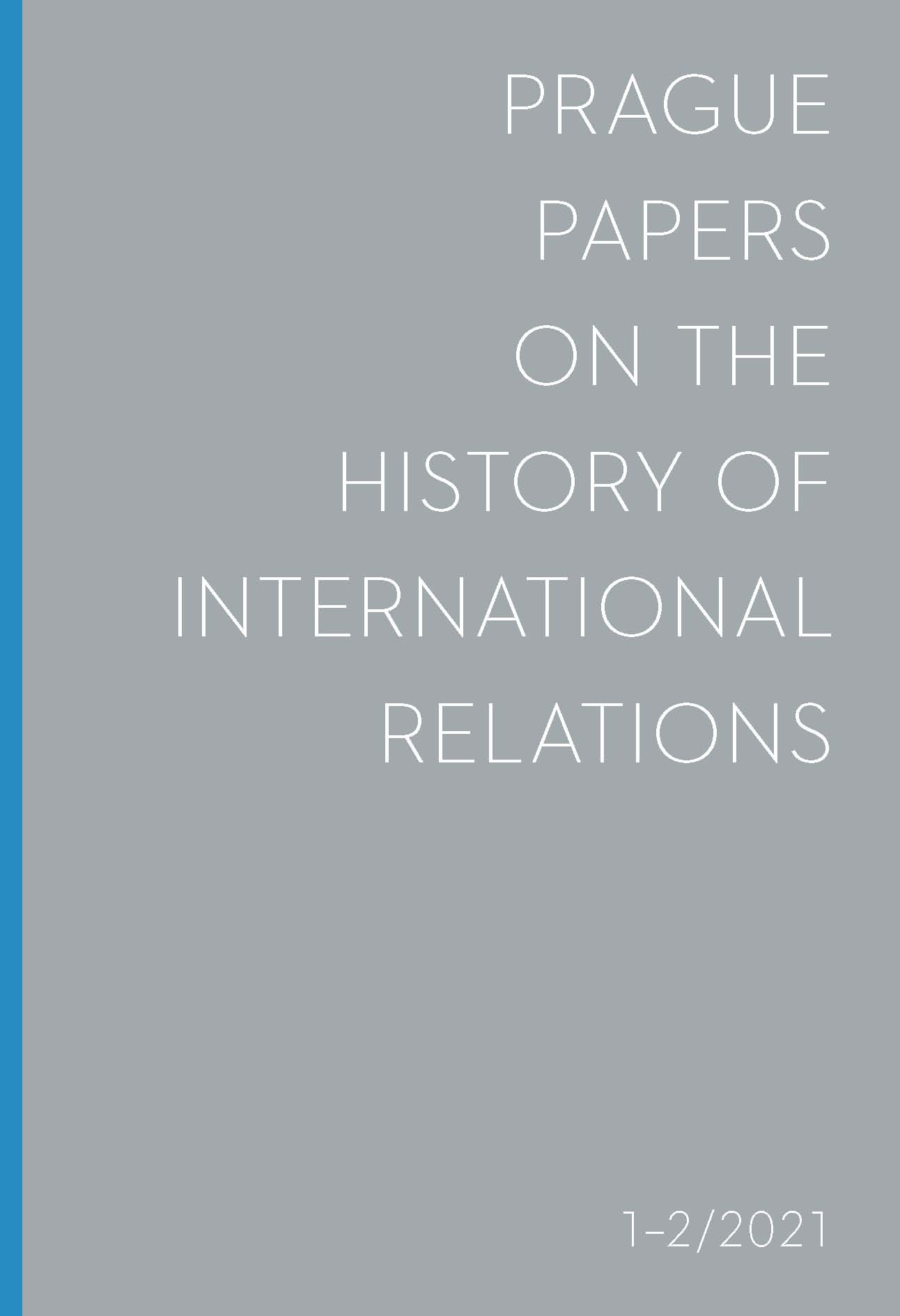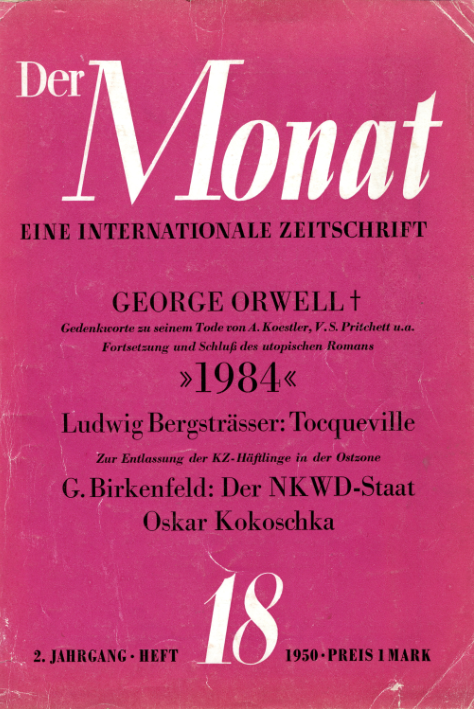
Der NKWD-Staat
Mündliche und schriftliche Berichte ehemaliger Internierter aus den Konzentrationslagern im sowjetisch besetzten deutschen Gebiet lieferten das Material für diese Untersuchung, mit der versucht wird, Wesen und Absicht des NKWD-Systems der „politischen Internierung“ auf deutschem Boden zu erkennen. Aus der Fülle der Protokolle in Form eidesstattlicher Zeugenaussagen, die von den Entlassenen bei der „Kampfgruppe gegen Unmenschlichkeit“ niedergelegt wurden, bevorzugte der Verfasser diejenigen Berichte, die sich durch besondere Urteilskraft und Vertrauenswürdigkeit auszeichneten oder Fälle von grundsätzlichem Interesse mitteilten. Die Protokolle umfassten im Durchschnitt zehn, in einem Falle sechzig Schreibmaschinenseiten. Unter den vorwiegend der Intelligenz angehörenden Gewährsleuten befanden sich: ein Hochschuldozent der Philosophie, ein Versicherungsagent deutscher Abstammung, aber ausländischer Staatsangehörigkeit, ein hoher Finanzbeamter (Jurist), eine Kriminalkommissarin, ein Industrieller, ein Lager-Arzt (Internist), ein jüdischer Bürgermeister der Sowjetzone, dessen sämtliche Angehörige in Auschwitz vergast wurden, und zwei Kaufleute. Von jüngeren Jahrgängen: ein Kommunist (Mitglied einer antifaschistischen Widerstandsgruppe, seit 1937 und wiederum seit 1946 in Buchenwald), ein zwanzigjähriger Bergarbeiterssohn aus Recklinghausen, ein neunzehnjähriger Volkspolizist aus der Sowjetzone, der Verhaftungen durchzuführen hatte, und ein sechzehnjähriger Thüringer, der grundlos verdächtigt wurde, dem „Werwolf“ anzugehören, und drei Jahre in Buchenwald verbrachte. Zwei dieser fünfundzwanzig Gewährsleute sind Mitglieder der NSDAP gewesen, einer von ihnen beteiligte sich an der Aktion vom 20. Juli 1944 und wurde vom Offizier zum Gemeinen degradiert. Die aus allen eingesehenen Berichten gezogenen Erkenntnisse wurden mit den Feststellungen verglichen, die von den Mitarbeitern der „Kampfgruppe“ und von Angehörigen der Abteilung für Flüchtlingswesen beim Magistrat von Groß-Berlin bei den vielen täglichen Gesprächen mit Entlassenen gemacht worden sind. Der Autor unseres Beitrags, der Schriftsteller und Romanautor Günther Birkenfeld, der als Herausgeber einer Zeitschrift, Rundfunk-Kommentator, Gründungsmitglied des neuen deutschen PEN-Clubs zu den demokratischen und fortschrittlichen Elementen der Berliner und der deutschen Öffentlichkeit gehört, ist Mit-Lizenzträger der von Rainer Hildebrandt geleiteten „Kampfgruppe gegen Unmenschlichkeit“.
More...
